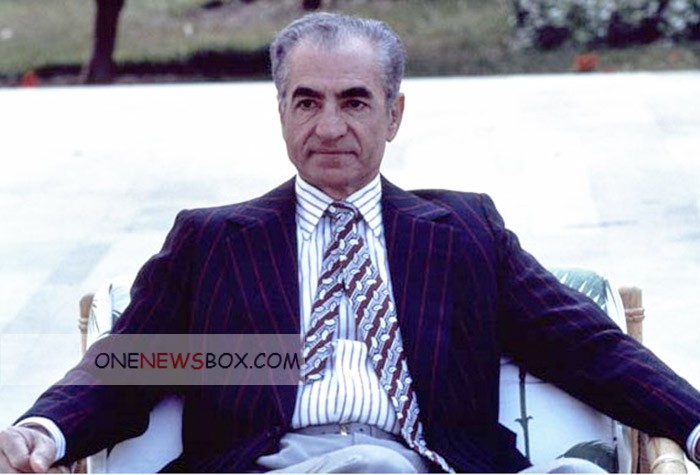The oil-based industrialization drive made the economy boom, but it also brought tens of thousands of foreigners into the country and exacerbated the strains inherent in a traditional society struggling to retain its identity and values in the midst of modernization. The Shah viewed Sadat as a courageous Arab leader who dared to chart an independent course—especially after Sadat’s historic peace initiative with Israel in 1977, which led to the Camp David Accords.
Sadat, in turn, saw in the Shah a refined statesman, a man of culture and education, who sought to bring Iran into the modern age through ambitious economic and social reforms. When the Shah was forced into exile, Sadat did not hesitate to open Egypt’s doors to him, despite criticism from many in the Arab world who opposed his decision. “He is my friend,” Sadat reportedly said, “and friendship does not end when a man is in trouble.” This single act of loyalty would forever link the two leaders’ legacies.

